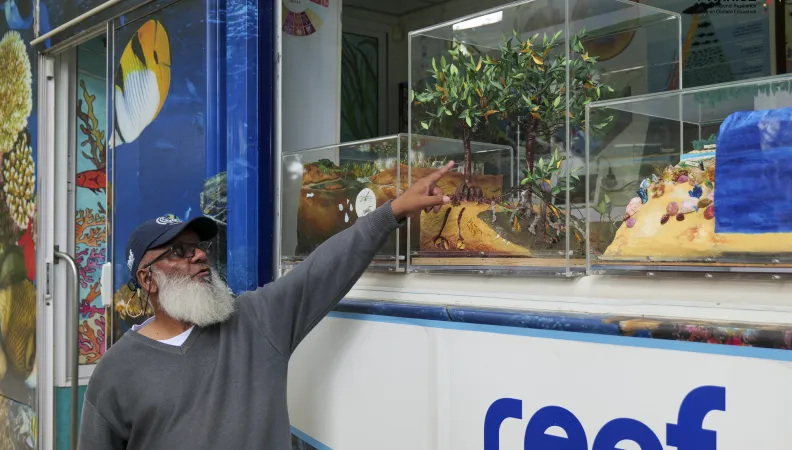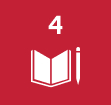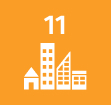Share the page
Africa Regional Resilience Initiative on Climate Education (ARRICE): For an innovative climate education in Africa
Project


-
Project start date
-
Status
In progress
-
Estimated date of project termination
-
-
Project financing date
-
-
Financing duration
-
4 years
-
Type of program
-
FFEM
-
Global financing amount
-
€ 2 960 000
-
FFEM financing amount
-
€ 1 479 200
-
Project lead member institution(s)
-
French Ministry of the Ecological Transition
-
Country and region
-
Africa, Mauritius, Kenya
-
Type of financing
-
Partners
-
Prince Albert II of Monaco Foundation, Siemens Stiftung, Ginko, Luciole, ADEME 1
-
Beneficiaries
-
Office for Climate Education (OCE)
-
Type of beneficiary
-
NGO, Foundation





The ARRICE project supports Kenya, Senegal and Mauritius to integrate climate change education into their educational systems. Led by the Office for Climate Education (OCE) with the support of the FFEM, it strengthens teachers' capacities and mobilizes school communities with the aim of making schools a key lever for climate resilience and territorial adaptation.
Context
Africa is particularly vulnerable to climate change, although it contributes little to global greenhouse gas emissions. Droughts, heat waves and biodiversity loss threaten living conditions and worsen inequalities. Education on climate change (ECC) is essential to prepare young generations to face these challenges, but remains underdeveloped or poorly contextualized. The ARRICE project, implemented in Kenya, Mauritius and Senegal, intends to remedy this by integrating ECC into primary and secondary schools. It targets the training of teachers, the adaptation of school curricula and the creation of educational projects allowing students to become committed actors in adaptation and mitigation. Ultimately, ARRICE aims to perpetuate best practices in each of the three countries in order to inspire other countries on the African continent.
Description
The project is based on four axes:
- Create adapted, free and royalty-free educational tools and distribute them widely among educational stakeholders.
- Strengthen the skills of teachers and trainers to deploy ECC in schools.
- Develop dynamic communities of practice, focused on sharing experiences and concrete action rooted in the territories.
- Initiate a strategy for the sustainable integration of ECC into national education systems.
Outcomes
- Integrate quality climate change education into national education systems in a sustainable manner.
- Mobilize the entire school community around concrete projects through a 'whole school' approach.
- Enhance the leadership of young people by involving them in local climate actions.
- Position Kenya, Mauritius and Senegal as regional hubs to inspire other countries in Africa.
Innovative and exemplary features
The ARRICE project innovates through its systemic approach, equipping teachers and school officials with tailor-made resources, continuous training, and dedicated support. It applies the "whole school approach" to integrate climate action into all aspects of school life. Inspired by the ALEC project in Latin America, also supported by the FFEM, ARRICE goes further by integrating human and social sciences into educational content. This approach helps to limit environmental anxiety and mobilize students as actors of change. ARRICE makes the school a real innovation laboratory for climate resilience.
Sustainable Development Goals
ODD4 Quality education

ODD5 Gender equality

ODD11 Sustainable cities and communities

ODD13 Climate action

ODD17 Partnerships for the goals



